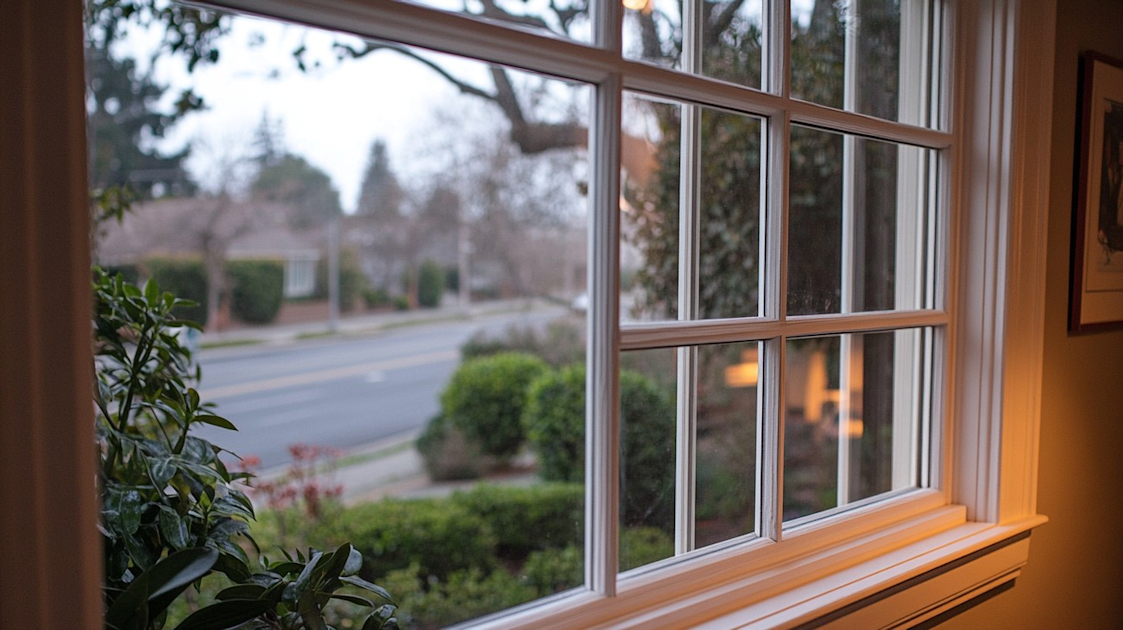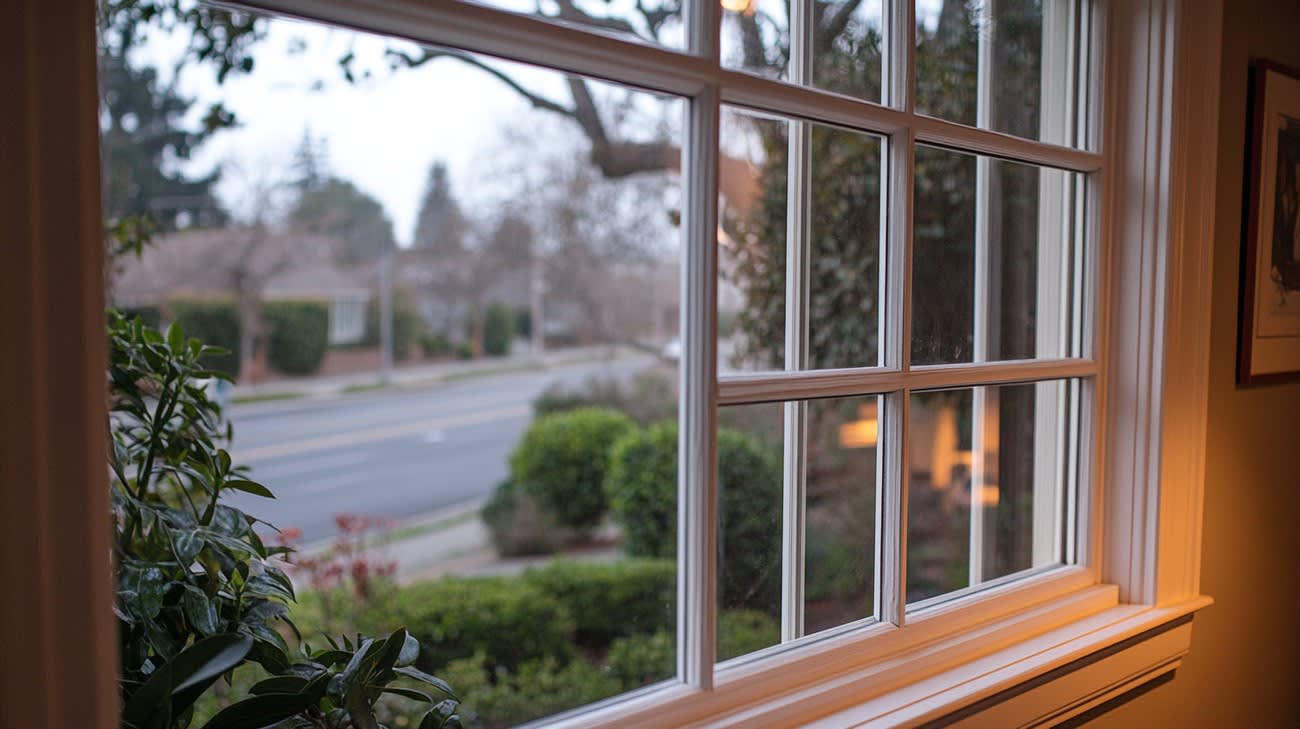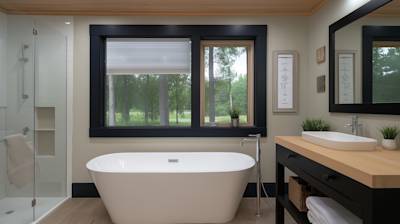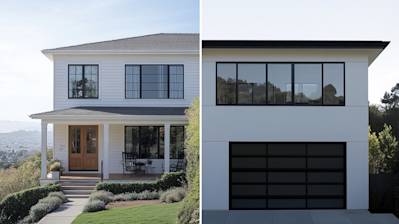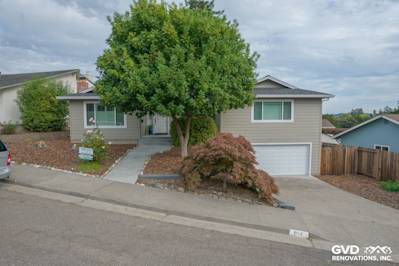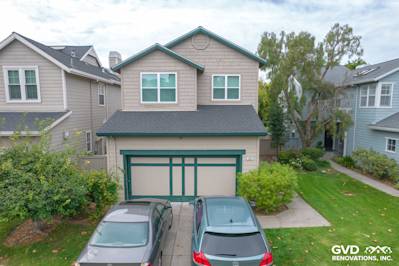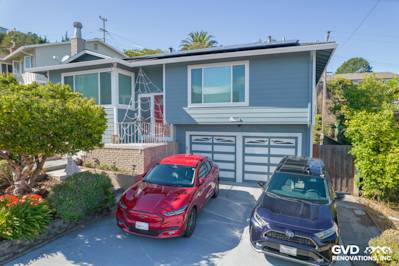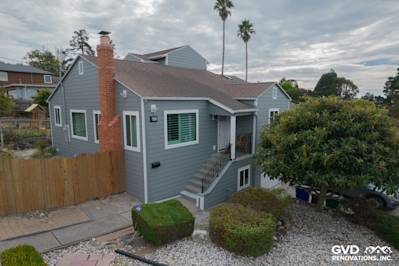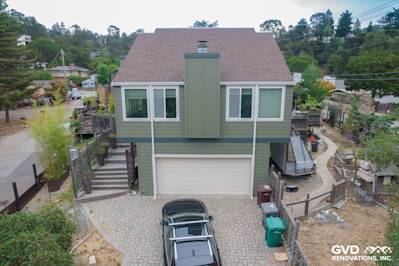Experiencing a draft, noticing a sudden increase in your energy bills or seeing condensation on your window panes? All these are potential signs that your window needs replacing. But, you may ask, "how often should I replace my windows?". In this detailed article, we dive into the world of window replacement, providing you with all the information you will need on this important property maintenance task.
Introduction: Importance of Timely Window Replacement
Before we delve directly into the timing aspect of window replacements, it's critical to understand why timely window replacement is essential. Windows are a home's avenues for natural light and ventilation. However, old, worn-out, or damaged windows can negatively influence your property's energy efficiency, aesthetic appeal, and indoor air quality. Timely window replacements can save money on energy costs, enhance curb appeal and ensure optimal ventilation for healthier indoor environments.
Section 1: Life Expectancy of Different Types of Windows
Vinyl Windows
Vinyl windows are a popular choice among homeowners due to their affordability and minimal maintenance requirements. These windows typically last between 20 to 40 years.
Wood Windows
Wood windows have a natural aesthetic appeal which makes them highly desirable. However, they require regular maintenance to keep them in top shape. With proper care, wood windows can last anywhere between 15 to 20 years.
Aluminum Windows
Aluminium is a robust material, and thus, the windows made from this material can last between 15 to 20 years. Although, they are not as energy efficient as their counterparts.
Section 2: Factors Influencing Window Replacement
Various factors influence the frequency of window replacements. These factors may include:
- Quality: High-quality windows typically last longer than their low-quality counterparts.
- Installation: Proper installation is key to extending the lifespan of your windows.
- Maintenance: Regular cleaning, timely repairs, and professional inspections can significantly improve your window's longevity.
- Climate: Harsh climatic conditions can cause your windows to wear out faster.
Section 3: Signs You Need To Replace Your Windows
While understanding the general lifespan of various window types is crucial, it's imperative to recognize that every window is unique. Here are a handful of signs that you may need to replace your windows:
- Difficulty in opening or closing
- Noticing drafts even when windows are closed
- Increased energy bills
- Condensation between glass panes
- Decaying or damaged window frames
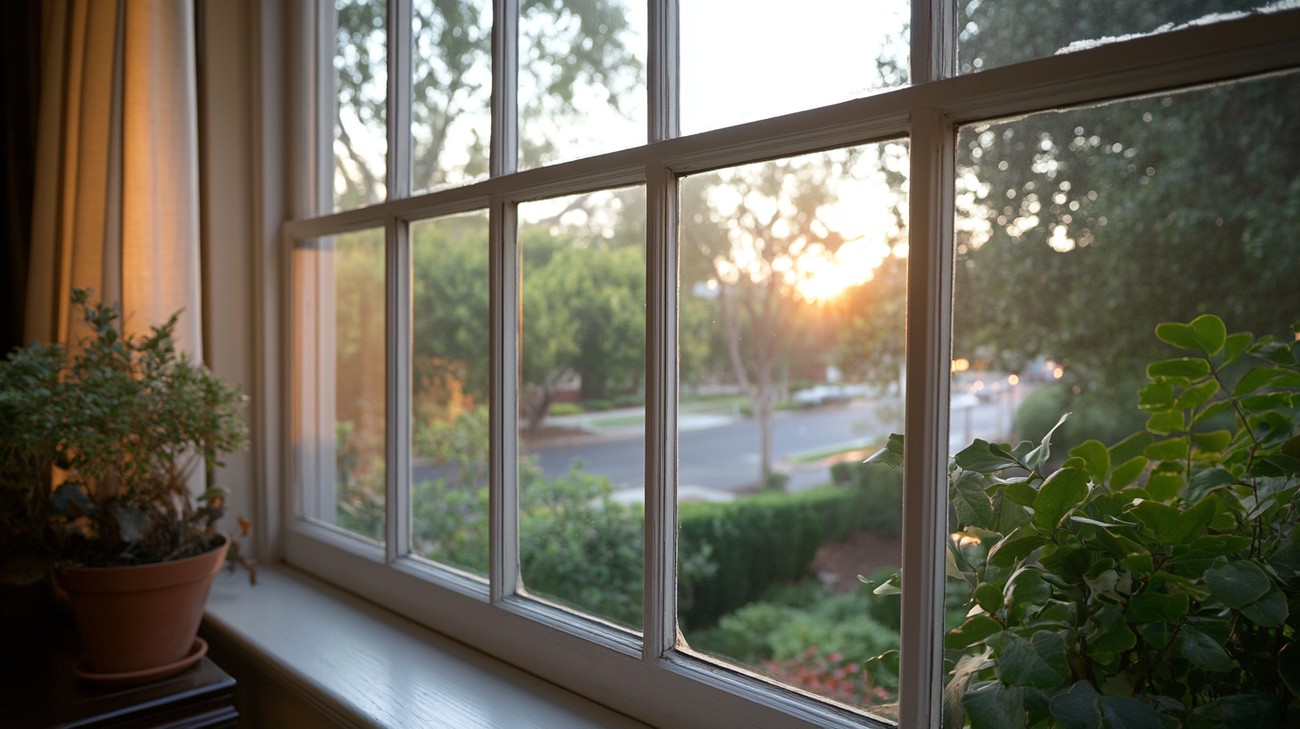
Frequently Asked Questions about How Often Should You Replace Windows
When Should I Consider Replacing My Windows?
It's important to remember that this isn't a one-size-fits-all question. It heavily depends on the type, quality and material of the windows that you have installed in your home. Generally speaking though, most experts recommend considering window replacement every 15 to 20 years.
What Signs Indicate that I Need New Windows?
Some clear indications that it might be time for a window replacement include drafts, difficulty opening or closing your windows, condensation between panes, and noticeable energy cost increases. All these signs suggest that it's time to check for window replacement options.
Does Window Material Affect Replacement Frequency?
Indeed, it does! The frequency of window replacement often depends heavily on the type of material used to construct the window. For example, wooden windows require more maintenance and may need replacement more often, while vinyl or fiberglass windows have a longer lifespan.
Can Regular Maintenance Extend the Life of My Windows?
Absolutely! Regular maintenance can significantly extend your windows' lifespan. This includes regular cleaning, checking for cracks and gaps, and sealing them promptly. Maintenance can help you get the most out of your windows and avoid or delay their replacement.
Will I Need to Replace All My Windows at Once?
Not necessarily. If your windows were all installed at the same time, they're likely to wear out around the same time. However, you can generally replace windows as needed based on their condition. You may also decide to replace windows in batches if budget is a concern.
What Happens If I Postpone Replacing My Windows?
Postponing window replacement when it's needed can lead to several issues. These may include inflated energy bills due to poor insulation, potential water leakage leading to structural damage, and decreased home security.
Can I Replace My Windows Myself?
You can, but it isn't typically recommended unless you’re highly skilled in this area. Proper window installation is critical to ensure efficiency, safety, and visual appeal. Improper installation can lead to numerous problems, so hiring a professional is usually the best route to take.
Are there any Seasonal Constraints for Window Replacement?
Window replacements can be executed at any time of the year, but climate and weather conditions might dictate when it's best to schedule the project. Spring and summer are generally the most popular seasons for replacement, but some professionals have techniques to install windows in cold weather without allowing too much heat to escape.

Pros of Replacing Windows Frequently
Energy Efficiency
Improved insulation
One of the primary benefits of replacing windows frequently is improved energy efficiency. New windows are typically designed to provide better insulation than older models. This means, maintaining a consistent indoor temperature becomes much easier. Thus, your heating and cooling systems won't have to work as hard, leading to lower energy bills.
Advances in technology
With the rapid advance in technology, window manufacturers are coming up with innovative features geared towards energy efficiency such as double-glazing and low-e coatings. These features are typically not available in older window models.
Increased Home Value
Improved aesthetics
Frequently replacing your windows ensures your home stays in sync with the current trends and retains a fresh and updated look. This can significantly increase the aesthetic appeal of your home.
Higher resale value
Windows are one of the visible features of your home and potential buyers are likely to take this into account. Newer windows might therefore significantly increase the resale value of your home.
Comfort and Safety
Lowered noise pollution
Newer windows usually have better soundproofing characteristics, which can help reduce noise pollution from the outside and provide a more comfortable living environment.
Enhanced security
Windows are potential entry points for burglars. Frequently replacing them ensures you benefit from the latest security features such as multi-point locking systems and shatterproof glass.
Cons of Replacing Windows Frequently
Cost
Installation expenses
Replacing windows is not a cheap endeavor, with costs depending on various factors such as the type and size of the windows, and whether you are doing it yourself or hiring a professional. Frequent replacement of windows can therefore be a costly affair.
Environmental impact
Manufacturing of new windows, often involves usage of non-renewable resources. If done frequently, it can contribute to environmental degradation.
Time and Inconvenience
Disruption of daily activity
Window replacement typically involves a fair amount of disruption. It can be noisy, messy, and is likely to interfere with your daily routine.
Availability of a suitable time slot
Window replacement is not a task that can be done any time. You need to choose a day with the right weather conditions, which can be difficult if you have to do this frequently.
Potential Decrease in Historical Value
Loss of authenticity
If you live in a historical property, replacing the original windows might decrease the authenticity and historical value of the house.
Difficulty matching old styling
Matching new windows to the style and character of an older home can be difficult. If not done properly, it can affect the overall aesthetics of the property.
Possible Warranty Considerations
Warranty timelines
Most window manufacturers offer long-term warranties that extend several years or even a lifetime. Frequently replacing windows may mean you'll never truly take advantage of these warranties.
Transferability of warranty
In case you decide to sell your home, some window warranties may not be transferable to the new owners if the windows are too recent.

Myths/Misconceptions about "How Often Should You Replace Windows"
The topic of window replacement has been filled with various myths and misconceptions that can make the decision-making process daunting. It is important to separate the fact from fiction when deciding how often to replace your windows. Let's dive into some of these myths and shed light on the truth.
Myth 1: Windows Should be Replaced Every 5-7 Years
The Reality: Life Expectancy of Windows Varies
The first myth is that you should be replacing your windows every 5 to 7 years. This is regardless of the type, condition, and location of your windows. This period seems arbitrary and does not take into consideration the material of your windows and how well they’ve been maintained. The reality is that the life expectancy of windows varies greatly.
High-quality windows made of durable materials like vinyl can last for up to 20 years, or even longer with proper care. Wood windows also have a long lifespan but require regular maintenance to prevent rot and other damage.
Myth 2: You Should Always Replace all Windows at Once
The Reality: Replacement Depends on the Condition of Each Window
Another common misconception about replacing windows is that they all must be replaced at the same time. This can be quite misleading and can incur unnecessary expenses for homeowners. It is true that if all your windows were installed at the same time, they may need to be replaced around the same time.
But remember, just because one window is failing doesn’t mean they all are. Inspect each window individually. If some windows are showing signs of wear, while others seem perfectly fine, it makes sense to only replace the damaged ones.
Myth 3: Window Replacement Will Not Improve Energy Efficiency
The Reality: Modern Windows are Designed for Better Energy Efficiency
Some people believe that replacing windows won't make a significant difference in energy efficiency. This myth isn’t true, especially when it comes to old single-pane windows. Modern double-pane or triple-pane windows are designed with energy efficiency in mind. They have insulating gas between the panes and are often coated with a low-emissivity layer that reduces heat transfer, thus saving energy.
Myth 4: The More Expensive the Window, the Longer it Will Last
The Reality: The Durability of Window Relies on Various Factors
It is easy to think that the more you pay for a window, the longer it will last. However, the longevity of windows doesn’t solely depend on the price tag. Factors such as the material of the window, the quality of the installation, and the level of care and maintenance they receive all play a crucial role in how long the windows will last.
Myth 5: DIY Window Replacement is a Good Idea
The Reality: Professional Installation Ensures Longevity and Performance
There’s a misconception that DIY window replacement can save money and is as good as professional installation. The truth is, while it might seem like a fun project or a way to save on costs, window installation entails precision and expertise. Improperly installed windows can lead to issues such as leaks, drafts, and even structural problems. This may end up costing more in the long run due to the need for repairs or early replacement.
Always have windows installed by professionals experienced in this field. Not only will this ensure your windows are properly fitted and installed, but most companies also offer warranties that can protect your investment.
Myth 6: Windows Don’t Need to be Replaced if They Don’t Look Old
The Reality: Signs of Window Deterioration are Not Always Visible
Some homeowners believe that if their windows look fine, then they don't need to be replaced. But, looks can be deceiving. Just because your windows appear in good condition doesn't mean they are functioning optimally. There could be hidden issues, such as drafts, leaks, or rotting frames. Also, your windows might be letting out too much heat in the winter or letting in too much heat in the summer without you realizing it.
To dispel this myth, conduct an energy audit or hire professionals to check the effectiveness of your windows in maintaining your home's energy efficiency.
In conclusion, understanding these common myths and misconceptions about window replacement will guide you in making well-informed decisions about maintaining and improving your home.
Summary
In general, the time to replace windows in a home isn't something with a set periodicity like changing oil in a car. Typically, "how often should you replace windows" is dictated more by the condition of windows rather than a strict timeline. It's recommended to replace them every 15-20 years or so, but this really depends on the signs of damage or inefficiency like drafts, outside noise leakage, visual signs of wear and tear and so on.
Notably, the query "how often should you replace windows" also heavily depends on the type of windows you have installed. Some windows, like high-quality vinyl or fiberglass windows, might last longer, perhaps up to 25 years, before showing any signs of needing to be replaced. Wooden windows on the other hand, might require replacement or at the very least, extensive repairs after 15-20 years. Keep in mind, it also depends on the severity of local weather and the maintenance they receive.
Lastly, it's worth mentioning that your home will drop subtle yet definite hints to answer "how often should you replace windows". If you're experiencing higher than normal energy bills or noticing that your windows are hard to open or close, it might be time for a replacement. In the long run, getting new energy-efficient windows can make your home more comfortable and could also save you money on energy bills. Don’t let the cost of window replacement scare you off - remember, it’s an investment into the comfort and value of your home!
About Bay Area Siding Company
Bay Area Siding Company, located in the stunning Bay Area of California, is your go-to solution for outstanding, high-quality siding services. Though we are firmly rooted in the heart of the Bay, our love for siding and exterior work stretches much broader, reaching out to communities throughout the area. Our team of committed professionals is made up of skilled artisans who expertise in transforming the exteriors of homes and commercial buildings. It's more than just a job for us, it's about combining function, appearance, and durability to create a perfect exterior that our clients love. With a passion for innovative design, matchless craftsmanship, and great customer service, we go above and beyond to deliver outcomes that are both visually appealing and lasting. We are proud members of the Bay Area's vibrant business community and look forward to supporting your next siding project!

